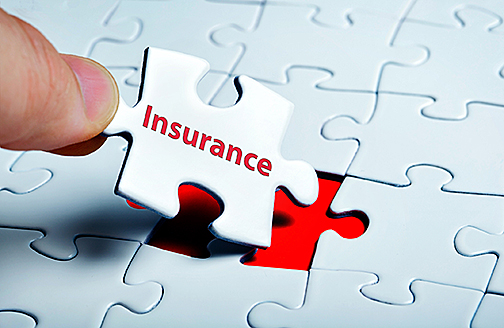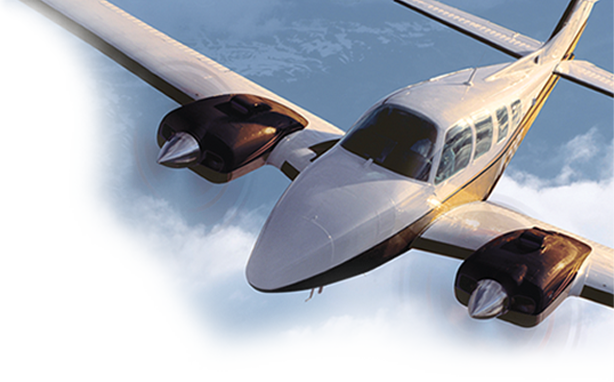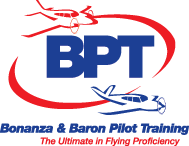Insuring to Value
By Marci Veronie, Senior Vice President
Avemco Insurance Company
“How do I know if I have enough insurance on my airplane? What’s the hazard of insuring it for too little? How much is too much?”
These are questions I hear all the time. Determining the proper insured value is one of your most important considerations in purchasing aviation insurance. The insured value is a major factor in how much you’ll pay for your policy. It also plays a big part in what happens if you have a major claim.
Unlike automobile policies, most aircraft insurance policies are written on a “stated value” basis. This means you and the insurance company agree on what the aircraft is worth before the policy goes into effect. Then, in the event of a total loss, the company pays the agreed amount.

A good rule of thumb is to insure your aircraft for the amount you could sell it for on the open market. This requires an honest appraisal of its worth. Say you spend $35,000 loading your plane with an amazing avionics package. Usually, your airplane’s market value won’t increase as much as you’ve put into it. It might make a buyer decide on your airplane over other similar ones that are for sale, but it probably won’t make him or her pay much more for it. Thus, the insured value should be an amount you could realistically sell it for, not what you’ve spent on it.
Too much insurance can be just as big a problem as too little. Not only will you pay more in premiums than you need to, but also find yourself in a position where the insurance company repairs your airplane when it was damaged to the point you’d rather walk away with an insurance check.
Underinsuring your aircraft has a significant and often misunderstood “downside.” Aviation insurance policies generally have a “constructive total loss” provision that defines when the insurance company can declare the loss a total, pay you the insured value, and take possession of the salvage. Avemco®’s policy, for example, specifies we can exercise that option “when the estimated costs to transport and to repair or replace parts of your insured aircraft exceed 70% of the insured value.” Guess what? An underinsured airplane can be totaled pretty fast. And, that new $35,000 avionics stack is part of the airplane, so it’s no longer yours, either.
Here’s another example: Suppose you have an aircraft worth $100,000 in fair-market value. You insure it for $60,000 to save on insurance premiums. One day, a storm damages your bird to the extent that it will cost $42,000 to repair. Under these circumstances, your insurance company has the option of declaring a total loss, paying you the insured value of $60,000, and keeping the salvage. You would be without an aircraft and $40,000 short of what you’d need to replace it. From these examples, you can see why you should always insure your aircraft at an adequate value.
If you are not sure what your aircraft is worth, Avemco can help you determine an approximate “book value.” You will be asked to provide basic information about the aircraft and its equipment. The value determined this way may not be exactly what you could sell the aircraft for right now, but it will give you a good ballpark idea.
When you’re thinking about the value of your airplane, think like an aviator. Be honest with yourself, be accurate, get it right.
Marci is the Senior Vice President of Sales and Marketing and has been with Avemco since 1986, serving the insurance needs of general aviation aircraft owners and pilots. She holds a property/casualty insurance and life health license in all 50 states and has extensive knowledge of aviation insurance and the aircraft that Avemco covers. Marci is active in Avemco’s loss prevention efforts by developing educational programs and training for her staff. She has been a member of Women in Aviation International (WAI) since 2001 and a member of the local DC chapter. In March 2015, Marci was elected to the Women in Aviation International Board of Directors and was selected as Vice-Chair of WAI in 2017. In March 2018, Marci was elected to serve as Chair of the Board of Directors of Women in Aviation International for a term of two years. In April 2019, she received the prestigious Good Company Award from Tokio Marine, and in April 2020, was nominated for the Geneva Association’s “Women in Insurance” Award.



